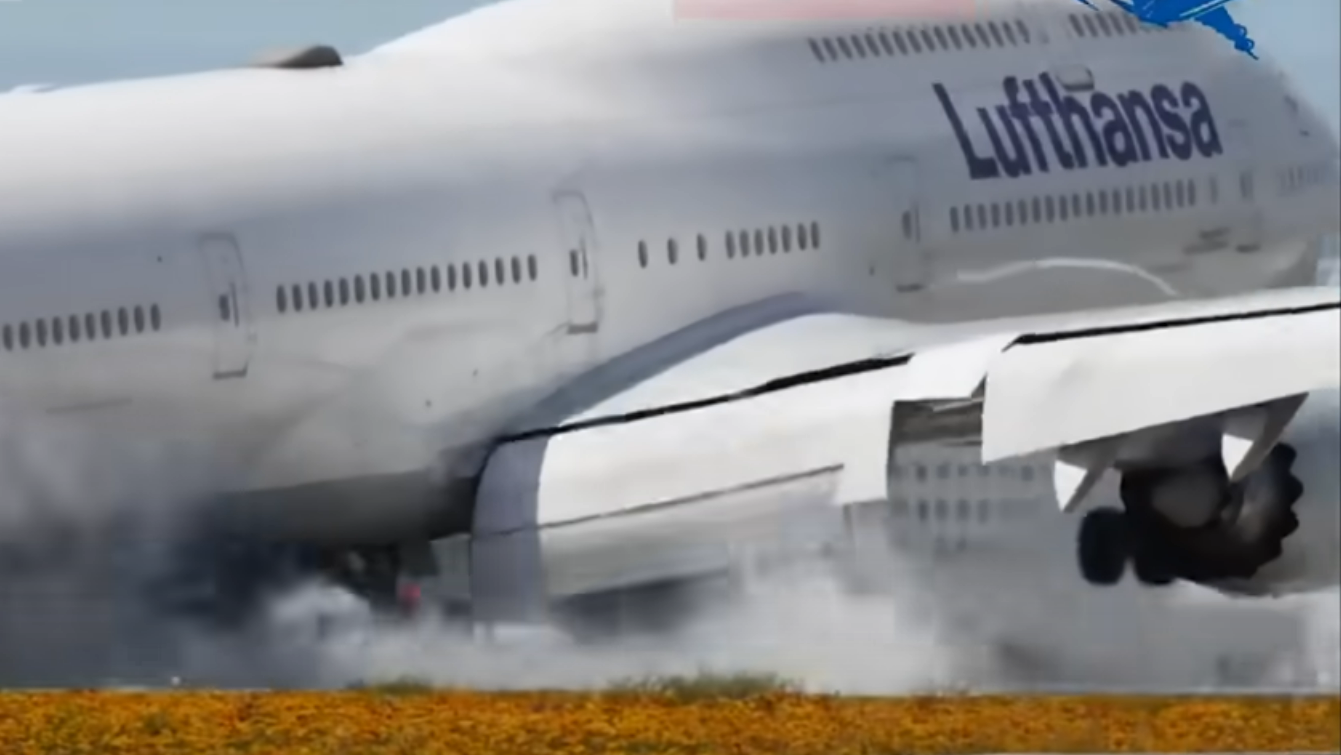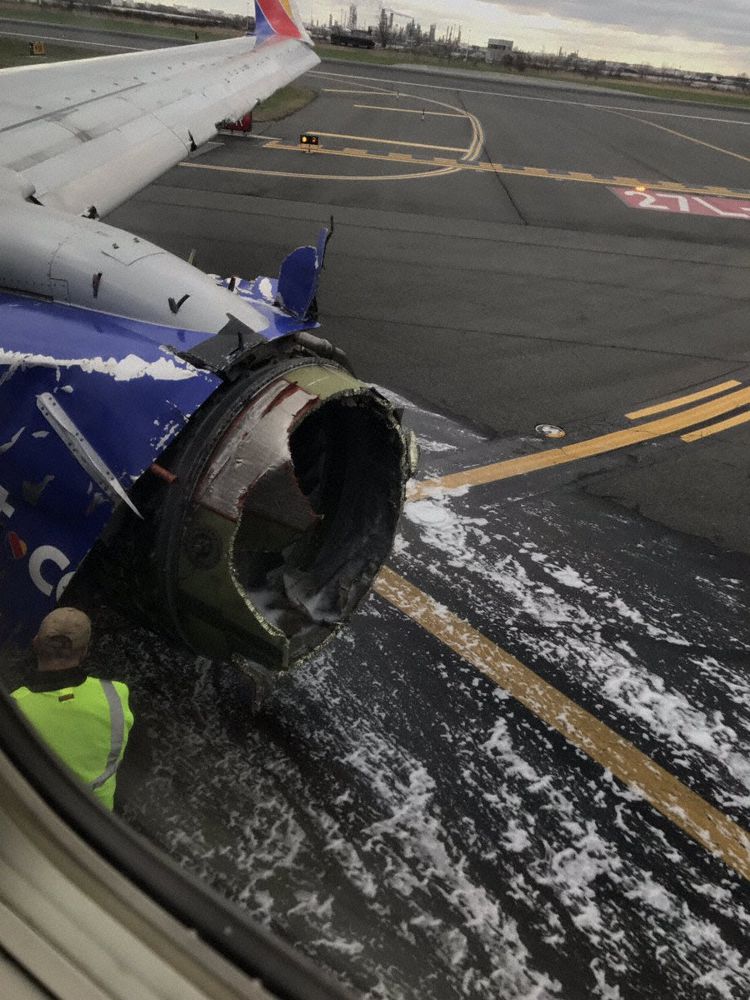Almost 700 engines on older Boeing Next Generation 737s are undergoing urgent fan blade inspections in the wake of the tragic Southwest Airlines failure that killed a 43-year-old mother of two.
The US Federal Aviation Administration on Friday issued an emergency directive requiring the inspections within 20 days for all engines that had conducted more than 30,000 landing and take-off cycles since new.
Southwest Airlines passenger Jennifer Riordan died when debris from the shattered engine smashed through a window and she was partially sucked out of the plane as it flew from New York to Dallas.
WATCH: The world’s scariest landing
Her death rocked the airline and it has since sent $5000 checks and $1000 travel vouchers to other passengers traveling aboard the plane.
READ Southwest victim Jennifer Riordan a force for good.
Initial investigations by the National Transportation Safety Board found evidence of fatigue cracking at the hub of the fan in an area that could not be detected by an external visual inspection.
READ Fan blade missing in shock passenger death.
The FAA is requiring an ultrasonic inspection of each fan blade to detect any cracking that could lead to a similar failure on another engine.
About 150 engines had already undergone the on-wing inspections, which take about four hours, by Friday.
The AD was issued as engine maker CFM, a joint venture between General Electric and France’s Safran Aircraft Engines, published a service bulletin that recommended a wider inspection regime than the one required by the FAA.
CFM also recommended another 2500 engines that have performed 20,000 cycles be inspected by the end of August and that this regime applies to all engines as they reach the 20,000-cycle milestone.
It advised airlines to repeat the inspections every 3,000 cycles, which typically represents about two years in airline service.
About 14,000 CFM-56B engines are in use and CFM said its service bulletin would affect about 60 customers.
It noted that the CFM-56B, which entered service in 1997, had been a workhorse of the airline industry with more than 350 million flight hours accumulated.
“CFM issued this latest service bulletin after close coordination with the Federal Aviation Administration, European Aviation Safety Agency, Boeing, and CFM56-7B operators worldwide,’’ it said.
Southwest accelerated its fan blade inspection immediately after the engine tragedy and said it had canceled about 40 of 4000 scheduled flights on Sunday.
The airline suffered a similar engine failure in August, 2016, but no-one was hurt in that incident.
























